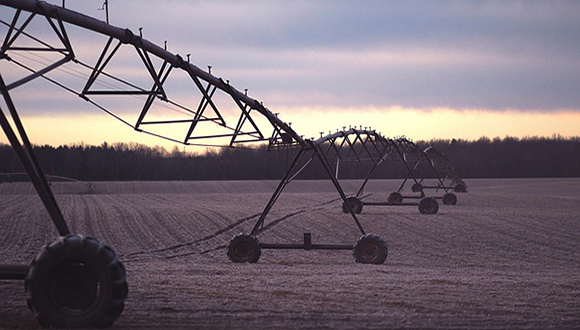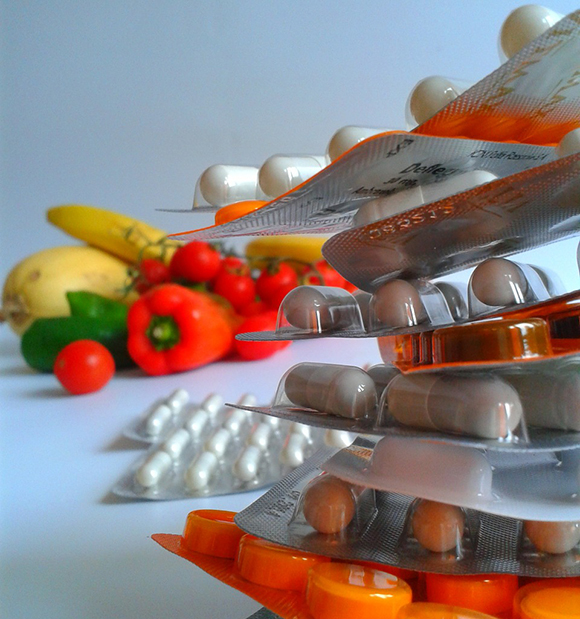Plants absorb pharmaceuticals and personal-care products carried by irrigation water
Pharmaceutical and personal-care products for human and animal use are increasingly released into the environment.

Plants act as excellent tracers of global pollution because they are present in almost all areas of the planet and accumulate chemical compounds present in the atmosphere, in the water with which they are irrigated, and in the soil on which they grow. Pharmaceutical and personal-care products (PPCPs) removal from plants for waste water treatment is incomplete, and the dispersal of these compounds into the environment and accumulation in plants mostly occurs from irrigating with reused water and from the application of biosolids and manure to land.
In a article in the journal Trends in Plant Science, UVic researcher Mireia Bartrons and CSIC at CREAF researcher Josep Peñuelas highlighted the potential of plants as biomonitors of PPCPs in the environment and the risk that the dietary intake of these PPCP-contaminated plants could have on the entire biosphere incluiding on human health, even at low concentrations.

“Plants accumulate PPCP at concentrations that can be toxic to plants, plant microbiota, and soil microorganisms and thus affect nutrient cycling, food webs and ecosystem functioning. Furthermore, the risk to humans from dietary intake of these PPCP-contaminated plants (mostly crops) is uncertain but warrants deep consideration”, said PhD Mireia Bartrons.
“Further attention has recently been given to the effects of human and veterinary antibiotics. They dramatically affect the structure and function of soil microbial communities and promote the emergence of multidrug-resistant human pathogens that increasingly threaten successful anti-biotic treatment of bacterial infections”, alerted Josep Peñuelas.
ARTICLE
Bartrons M., Peñuelas J. (2017). Pharmaceuticals and Personal-Care Products in Plants. Trends in Plant Science 22, Issue 3, 194–203. doi: 10.1016/j.tplants.2016.12.010.






